
Just to give you a lil’ brief history towards that particular era, again we’re coming pretty much fresh from the deaths of the Notorious B.I.G. and 2 Pac. The climate of hip hop at that time was such that even though I don’t think it necessarily emanated from where the culture really emanates from, the media and certain elements in government and otherwise perpetuated the situation between the East Coast and West Coast, where it caused somewhat of a riff and even the community involved began to wholeheartedly buy into this, so they in turn literally did hold a certain amount of animosity towards people from other regions. Prior to that, hip hop was very much about empowering whoever you were, wherever you lived globally. Forget about West Coast and East Coast! Hip Hop was about unifying people from the North American continent to South East Asia, and all points in between.
AFTERMATH
“So this is what happened – a friend of mine took a demo that I had done and said listen, “I’m going out to Los Angeles to work on videos with Dr. Dre and some other gentleman…” Basically he kept his word in getting the demo to Dre, let Dre hear the demo, Dre contacted me directly and told me he was interested in working with an artists such as myself. I saw that as an opportunity for me to bridge the gap and heal some of the wounds that had been inflicted by the East Coast/West Coast war. So you had the potential for an East Coast underground artist and emcee and lyricist to work with one of the most critically acclaimed, respected producers in the game in Dr. Dre. So I went out to Cali and got with Dre and he really seem like he was making a very honest commitment to try to make music that would facilitate some of the things that I’ve discussed. He was like, “Yo, I want you as a lyrical cat to really do you on an album, but what I wanna do is give you the perfect sound to couple some of the topics that you want to address.’ He seemed very sincere in doing that and I agreed to sign on to Aftermath. It was a stint that I did for perhaps a year. The irony of it is, there wasn’t any concrete discrepancy between myself and Dre over content of music. But there really was a sense of his unavailability to really be as hands on as he had told me he would be earlier on in my project. During my time at Aftermath, I’d been assigned an A&R who didn’t see eye to eye on creative issues. And again, none of this was directly between myself and Dre. Dre kinda bit off more than he could chew at this point. He had like a slew of artists. So at times I would bring certain things to Dre’s attention in terms of creative differences with the A&R, and he pretty much sided with me on the issue because remember again, he directly signed me. It wasn’t like I sent my demo to an A&R. But because Dre’s schedule was so hectic, and he had his hands in so many different projects, I was unable to really follow through. At a certain point, I believe when Dre was working on his second Chronic album, I really wasn’t being made aware of certain recording sessions. So I just had to show up at impromptu sessions that was taking place for that particular album and let him know that I was really displeased with the rate of work I was able to do or lack there of. And that ‘yo man let me know something, this isn’t really working out.’ So he explained to me like look, ‘Aftermath is a young company, we’re not where we really wanna be yet, it’s not gonna be a quick race, it’s gonna be a marathon – realistically speaking, your album may not come out for another 2 or 3 years. If this is something you can’t live with, I respect that and maybe we need to part ways.’ So we chose to part ways.”
INTERSCOPE
“Now after Aftermath, the parent company, Interscope, decided that they really wanted to keep me for an album. They gave me one A&R guy initially who never worked on A&R before, it was his first experience with music, so he really didn’t know what to do with an artist such as myself. They got rid of him, got me another A&R who had only prior experience working with Acid Rock groups – anyone who knows about Acid Rock groups, it’s quite different from hip hop. And this was 1999 or so…it was a pivotal and tumultuous time for the American economy. I fell victim to that like many other artists. Interscope decided to drop me after that, pretty much. For them it was – we had an artist we pretty much acknowledge that he’s talented, but we need to pull our resources into those artists that are already making us money, we can’t really afford to gamble on anything else. So they pretty much dropped me. I took that well into perspective because I understand how capitalism works in America. So I became a free agent from that point.”
RAWKUS
“Then I was approached by the gentlemen at Rawkus Records in putting out an album through Rawkus. And like many of the people in the industry, I had high hopes for that because at that particular time, Rawkus was really viewed as the label that was putting out traditional, authentic hip hop, and meaningful music. It was known as a label that would not stifle the artists. Again, because of some of the things that were happening economically throughout the industry, I didn’t know at the time, but I found out a little later on that Rawkus was a few million dollars in debt, along with the fact that they just began to have this idea that they needed to really compete with some of the larger labels in the industry. And they needed artists to bring music to the table to reflect this change. So when I got there, they (Rawkus) were like, ‘OK what we want to do now is come with some more hardcore, street-oriented records that will really compete with the Def Jam’s and the Interscope’s or other large conglomerates to get Rawkus out of this view of being sort of the underground, bag-packer label. So now, I really begin to go back and forth with Rawkus like look, this is really not gonna work! Those dudes were now telling me stuff like, ‘you need to get a personal trainer, so you could get into the gym so that when your album drop you could do photo shoots and press pictures, and your abs and pecks could be nice and right, so you could be like the LL Cool J of Rawkus – THIS WAS LITERALLY WHAT THESE GENTLEMEN TOLD ME! It hurt too man. Because I too was under the assumption that Rawkus was the last label that would ever come at an artist like that.”
HHS: (My first real interruption) But I’ve met you before, you seemed to be always in pretty good shape, so it must have been really weird that they came to you like that?
The Last: “Yeah man, that’s what I’d like to think, yuhknow! Again, the irony of it is, here we have the label that suppose to be the most progressive and authentic in terms of putting out good hip hop, but they told me things that I never even heard at the larger labels – everything except that what had to do with the music. They (Rawkus) were the ones that told me that I needed to in a sense, not ‘dumb down my lyrics,’ but that sometimes my lyrics tended to be too complicated for people. Boy that really hurt more coming from any other situation that I’ve been a part of. The latter portion of 2001, I made it known that I was displeased with what was going on there and Rawkus decided to let me go thereafter.”
HHS: This album – Music, Magic & Myth – invited a lot of producers from outside to contribute, do you wish deep down though, despite the break with Aftermath, that Dr. Dre could’ve been part of this project? Is the animosity with Aftermath still too strong?
The Last:: “Absolutely. Fortunately I’ve had elders really sit down and talk to me from Kool Herc, to KRS ONE, to Prince Paul, to RZA, a gentleman named Elai Tubo, who was very instrumental in putting together the first Eric B & Rakim album” (and if you remember in their song, “Paid in Full,” Rakim shouts out his name saying, “Aye Yo Elai…” somewhere near the end). “These brothers have really sit me down and talked to me like, “OK, first of all, for you to even take a title like that you have a responsibility.’ These gentlemen, they would constantly come to my sessions when I was recording to sit down and talked to me and give me advice and say, “First and foremost, this is a culture we need to uphold and keep going. So with that being said, I look at someone like a Dr. Dre and think, he’s from the West Coast and the sort of music that he’s been attached with, yuhknow, perhaps lyrically is somewhat different (to me) but the sound and the vibration from the sound still touches our people in a way that is very influential. If it’s a Dre beat, some kids will listen to it regardless of whatever you’re talking about. So they’ll get into the beat first and then say, “OK wow, this kid is talking about something a little different than we normally hear over Dre’s beats and it’s still DOPE!” So that was always my dream to really bring a coupling of the two. I actually addressed that on a song on this album called “Hold on” – expressing the fact that, again because there was never any concrete animosity between us as men, will we some day at a point finish the work that we intended?”
HHS: You’ve definitely been through a turn of events, but must have definitely come out a lot stronger and a better emcee with such an experience though? And being around still, you’re definitely living up to your name.
The Last: (starts to laugh) “Quite so, quite so…what I must say, my whole approach to hip hop from day 1, was such that, I looked at the people that really influenced me growing up and looked at how they patterned their career, and how they established themselves in their communities and in the hip hop communities first before they even had records out. And I said that, yuhknow, at a certain point this is how I’d like to present myself. Now, I didn’t know that it would be so extreme that I would be going through all these bad deals. But what its given me is a certain amount of credibility throughout the hip hop community on a grassroots level that some of the other artists who come out and have large videos and immediately sell millions of records out the gate, will never even accomplish. I just look at it, if nothing else, hopefully as I’ve walked in the same path that traditionally some of the other greats and contributors and elders in this culture have laid down. Like I would always hear KRS One describe hip hop as this tremendous culture. And I never fully got to understand it ’til I traveled abroad and see how it impacted people who didn’t even look or talk like me but our commonality was through hip hop culture.”
HHS: Yeah, some people don’t even speak or understand English…
The Last: “Exactly, exactly…”
HHS: In a now defunct publication, a long time ago, KRS One actually said something in an interview touching on the future of hip hop. It stuck with me, when he was comparing hip hop to how Be Bop became so underground in its true form, it just disappeared. He said all that was left was Jazz in a contemporary form, or as you see vintage Jazz today, almost always reflected through the past and its dead artists.
The Last: “Absolutely, absolutely, absolutely…whewww…I think KRS hit the nail on the head, those are really prophetic words in a sense ’cause that’s literally what’s happening now. It’s quite scary. Yuhknow at the same time, some of the best movements whether it be music, whether it be politically, socially, it always starts from an underground, grassroots principle. That’s where it’s cultured and nurtured the most, and really given the most amount of genuine support. It always comes from that sort of segment of society in a sense. And I think it’s always going to be that way…”
HHS: And you look at the state of affairs, generally speaking, I ain’t mentioning any names, and not to sound like a broken record, but once you surface above water, it’s pretty shitty out there for the masses.
The Last: “You know there was a time when we did have a variety – you could have an NWA, but on the other hand, you could also have a Public Enemy, or A Tribe Called Quest, or a KRS One – it was just such a level of diversity. If this is truly supposed to be like the land of democracy, shouldn’t our music also be as democratic? People should be given a wide array and variety of music that they can chose from. Let the people decide what they want to listen to, don’t dictate it through ONE artist being played on ONE radio network, 20 times a day and literally program people to like what you want them to like. There needs to be some balance as with anything in life. If that balance is not presented, then that’s when this whole culture of hip hop will crumble.”
HHS: In the first time I saw you, on the Lyricist Lounge TOUR back in like 1999 or so, you performed a song I’m almost sure is on this album here – “Animalistics” – I remember this song almost bringing down the House of Blues in Los Angeles – so much that afterwards I had to just go up to you and give you a pound and wish you luck. Today, also you mentioned with what’s going and with changed times, could you still foresee such a reaction still?
The Last: “Again with conceptual artists like myself, I’m just carrying on a tradition again of those that have come before, so it’s my responsibility to keep that going. With today’s climate, to a certain degree, most rap music that people hear on the radio today, it’s geared towards instant gratification, or the ‘I just wanna dance right now’ crowd. It’s not as in depth. But especially when people see things like that live (referring to “Animalistics”), even for those that aren’t very aware of hip hop’s foundation, or that it supposed to or can be very thought-provoking, to them it may seem new but they still welcome it because they’re so used to just this cookie-cutter sort of rap. A song like “Animalistics” anytime that I perform that, and people give me like just a few seconds of their attention, it gets them every time. It’s just refreshing because there’s so very little of that nowadays. Even for the people into the negative music, they get tired of that too after a while and wanna hear something different.”
HHS: Let me play devil’s advocate here, it seems as though that there isn’t anyone really concerned with skills anymore, and this is generally speaking – in the USA at least. Do you get that sense out there as an emcee, or are you an emcee that’s so wrapped into that underground world that you don’t even want to see the big picture? How do you feel Emperor?
The Last: “This is a battle literally for the..the…the…the SOULS of YOUNG AMERICA – for me that’s what the state of hip hop is right now. For whatever artist that you are, or whatever topics you wanna address. And obviously hip hop is something that started with the black youth, and obviously transcended. Now, we see kids of every demographic area, socio-economic, ethnic background that are now at this forum. And it’s a battle for their souls! Do we take them into the direction of the abyss and doing things that are negative in this world, or do we help use hip hop as an educational tool and as something in an artistic way, allowing these individuals to better their lives? That’s the dichotomy right there. I’m always aware of that. The music that’s taking over now on commercial radio now, it didn’t happen overnight. It was a gradual process from like 1994 through currently with the whole like living in excess, it’s all about drinking Crystal or popping champagne, or who driving the freshest whips, or the iciest chains and all this. It didn’t happen overnight, there was a struggle for that to be implemented and I think it’s gonna be a struggle to regain the reigns of power. After a point, there’s a time for talking, but there’s also a time for action. That time is nearing. Many people tend to personalize my title, The Last Emperor, with all sorts of variations. That’s good, but I want my title from my perspective, as something to force me to live up to it, and force me to look at the culture as really being an empire. And someone who upholds the traditions of the empire. I wanna complete the task. I’m a positive artist but I have to come aggressively because I’m trying to win that war to win back the souls of the youth. I have to be on the frontline to do this, and engage in battle!”
Comments
No Comments
Leave a reply
- Raekwon Sets A Release Date For “F.I.L.A.” Album
- BUSH: A Snoop Odyssey Produced By Pharrell Williams [Preview]
- Drake – “If You’re Reading This It’s Too Late” Surprise Album on iTunes Now
- Action Bronson “Mr. Wonderful” Cover Art and Tracklist
- Juicy J “Blue Dream & Lean 2″ Mixtape Cover Art & Release Date Revealed
- MF Grimm “MF Love Songs” Cover Art + Tracklist
- Lord Hakim – “Brass Knucklez” (feat. Vast Aire & Phizz Ed)
- IAMSU! – “Hella Good” (feat. Tyga)
- DJ Kay Slay – “I Declare War” (feat. Styles P, Sheek Louch, Vado, Raekwon, & Rell)
- Maverick Sabre – “We Don’t Wanna Be” (feat. Joey Bada$$)
- Cannibal Ox – “Blade: Art of Ox” (feat. Artifacts & U-God; prod. Black Milk)
- Asher Roth – “Blow Your Head” (prod. Nottz)
- It's Time To Say Goodbye...
Commented on by Yungplex - It's Time To Say Goodbye...
Commented on by geedubbleyoo - Fat Trel - "In My Bag" (feat. Wale)
Commented on by Katae - Kanye West's "Runaway": What Does It All Mean?
Commented on by fidgar - Sole Vs. El-P: Part One - Sole
Commented on by Reno Yakavetta - It's Time To Say Goodbye...
Commented on by Atom
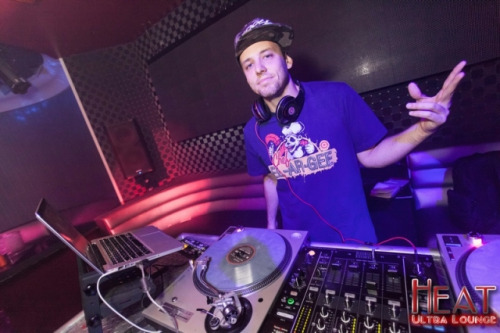

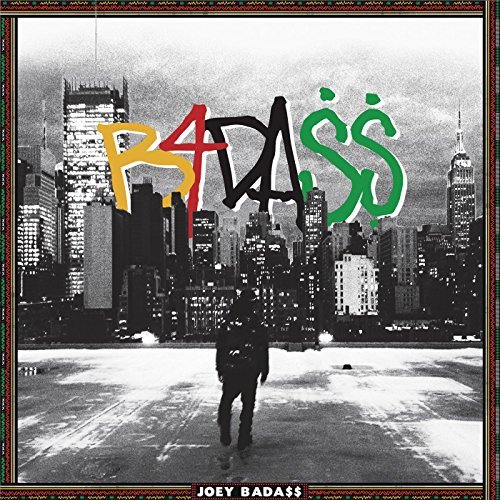
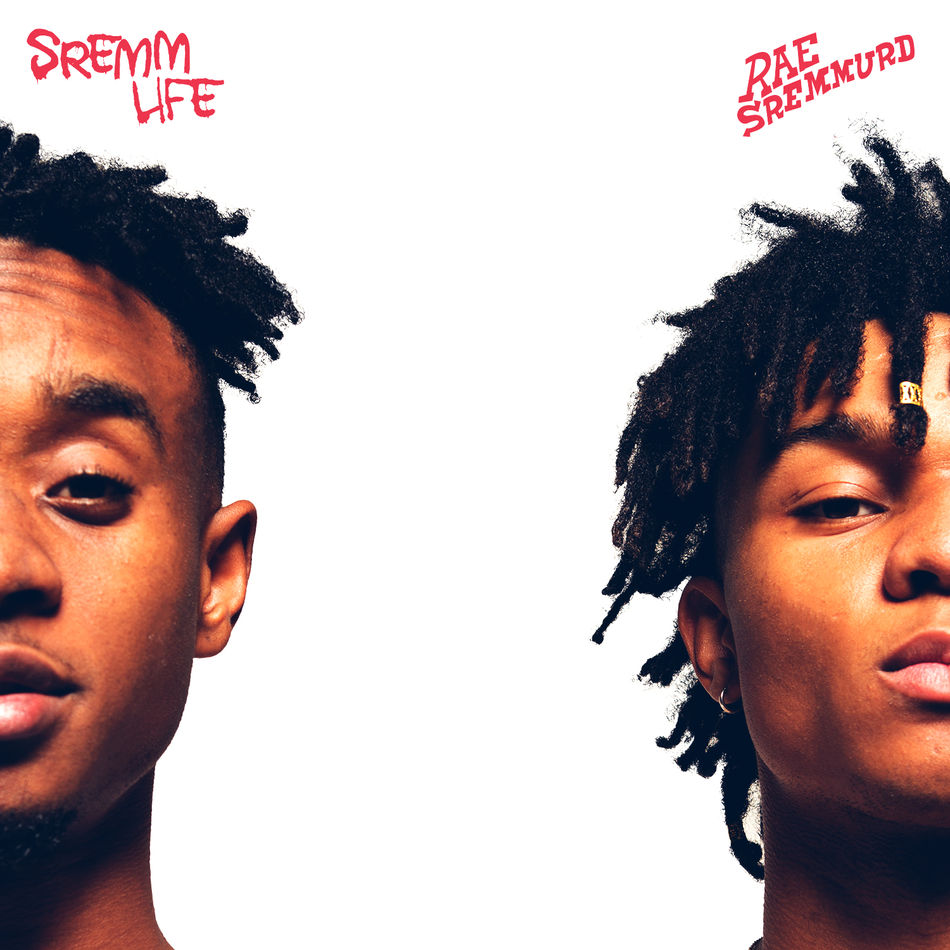
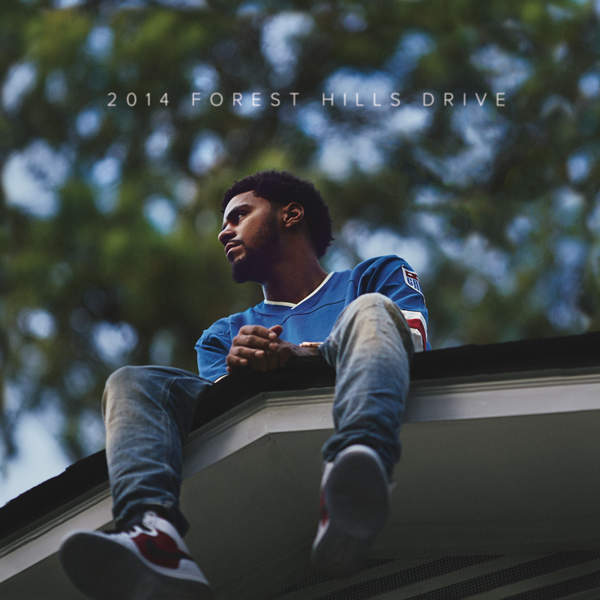




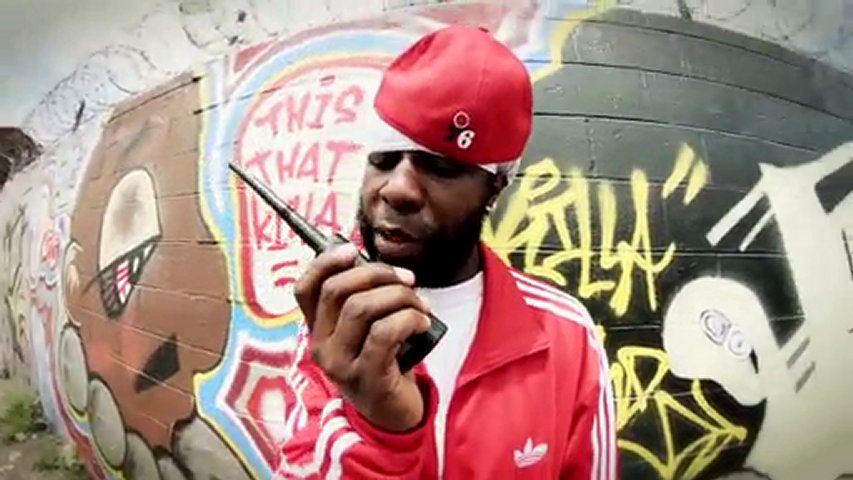

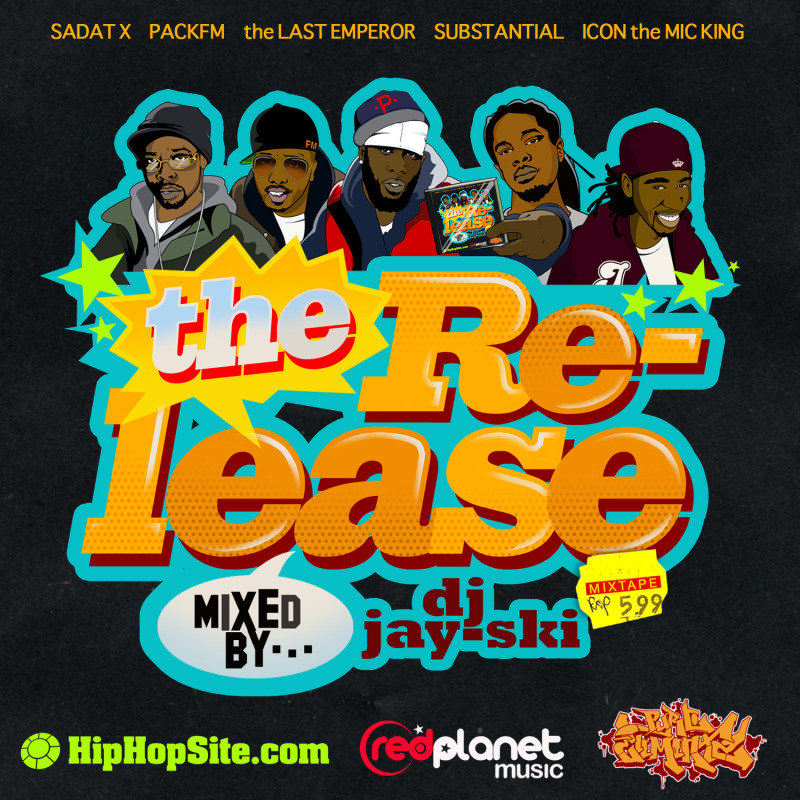

 Mixtape D.L.
Mixtape D.L.
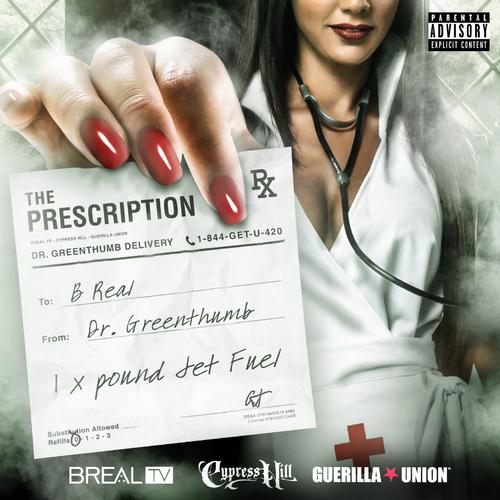

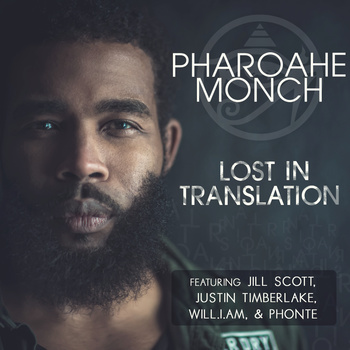

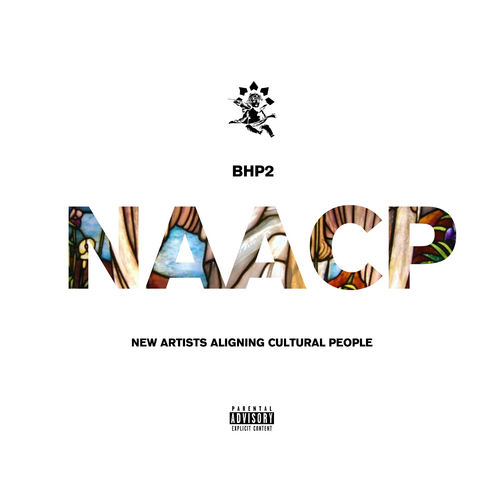
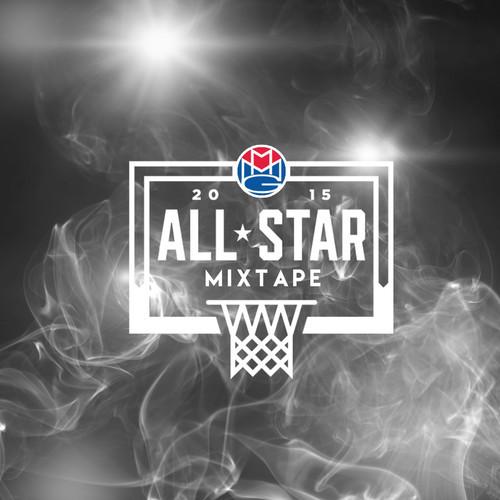
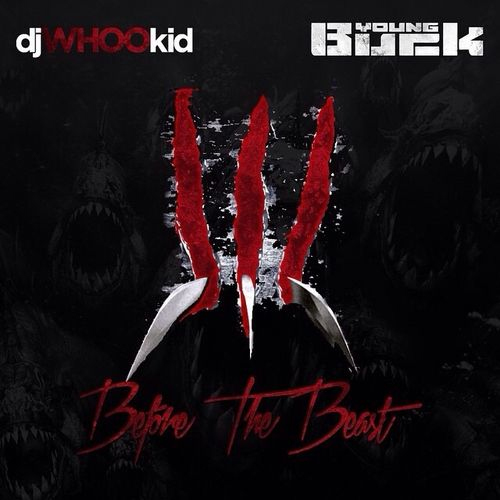
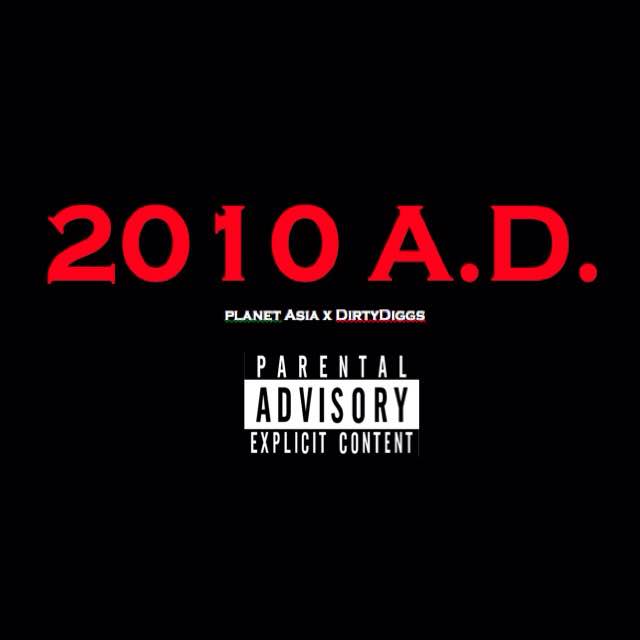
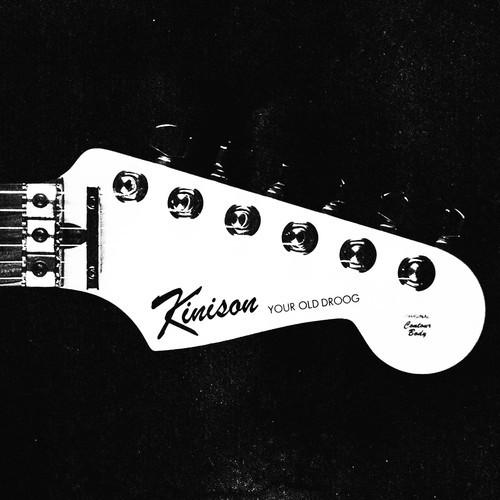
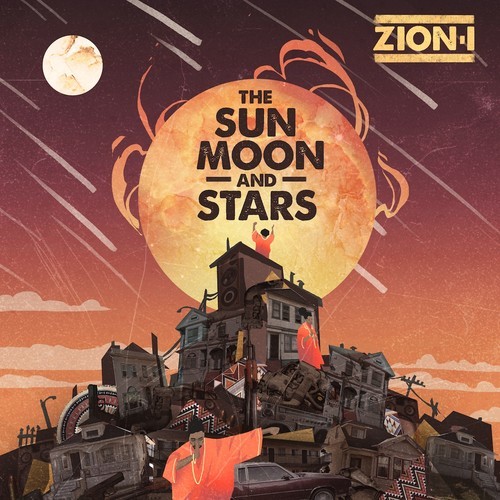

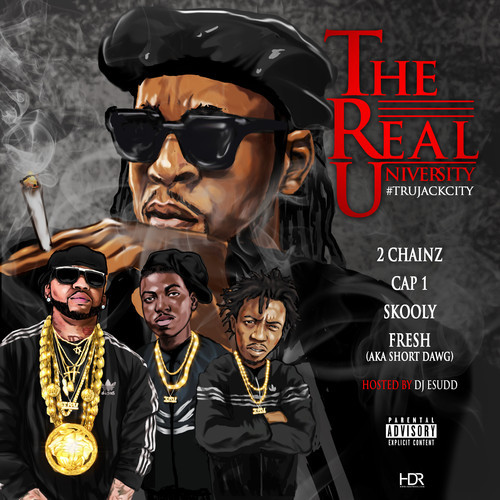
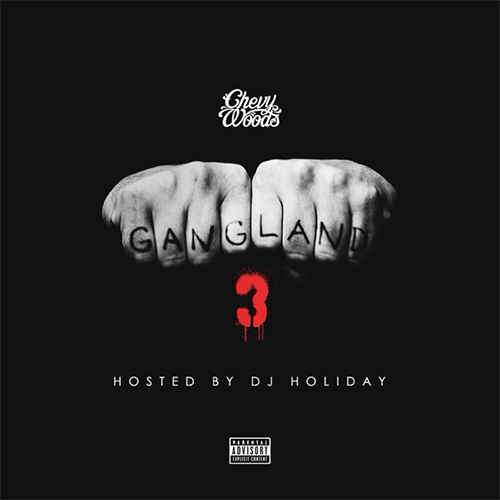
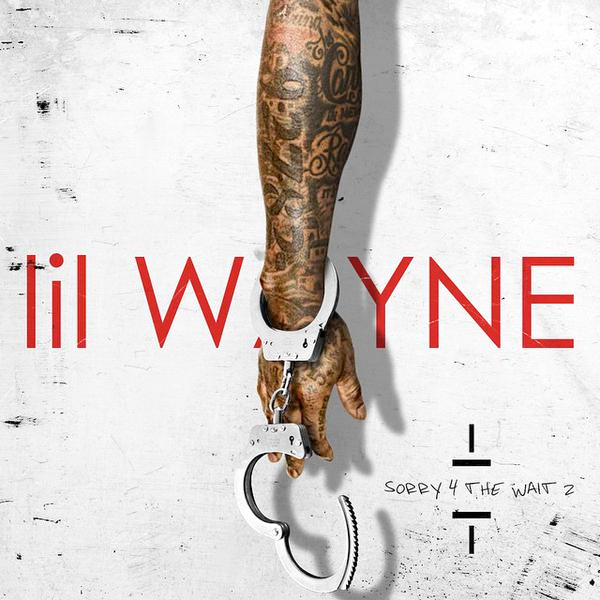
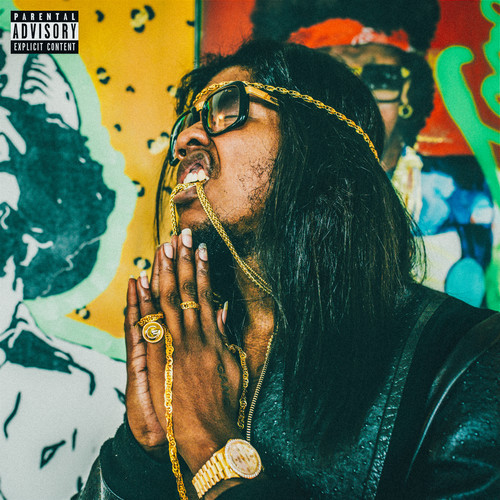





3 September, 2003@12:00 am
0 comments